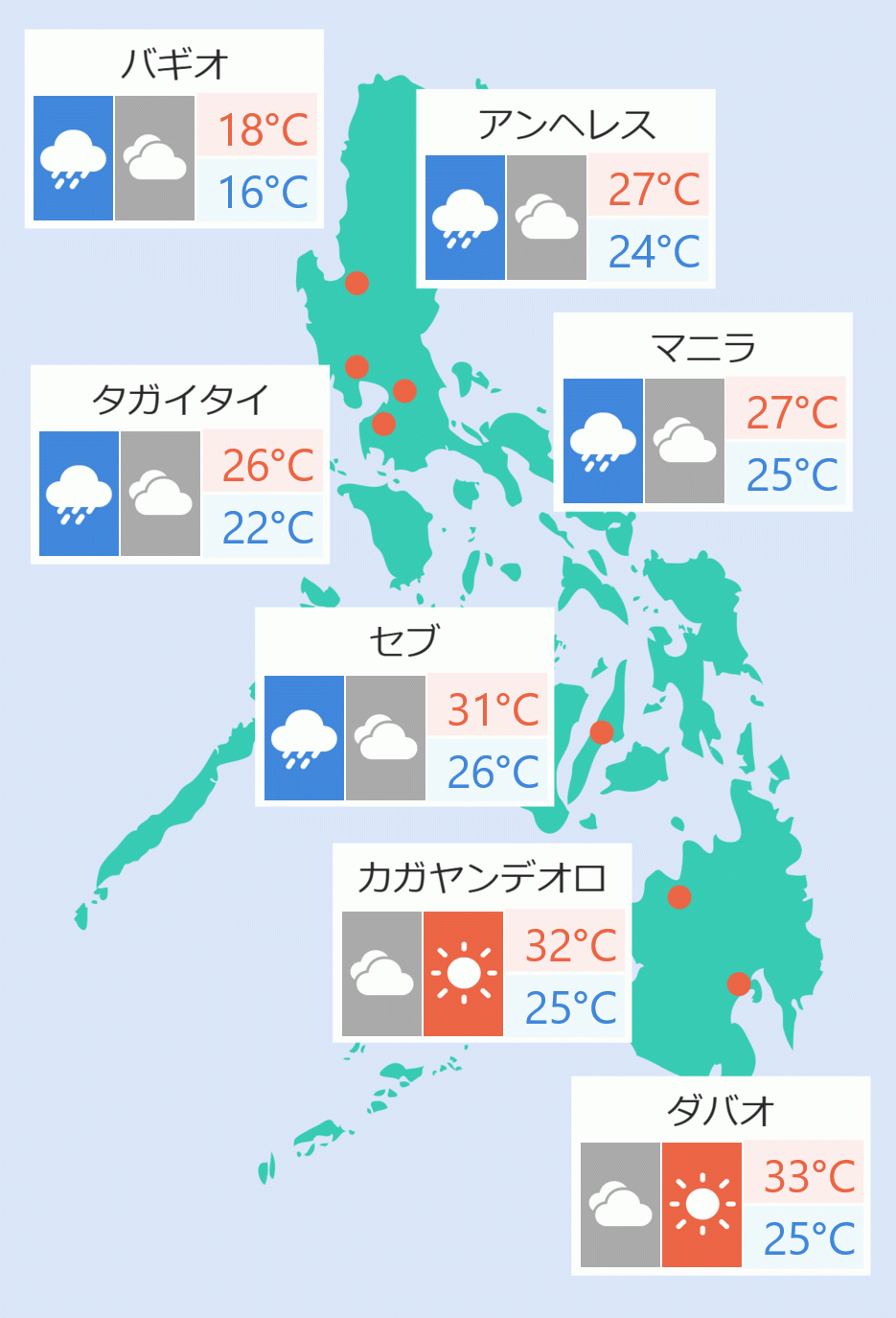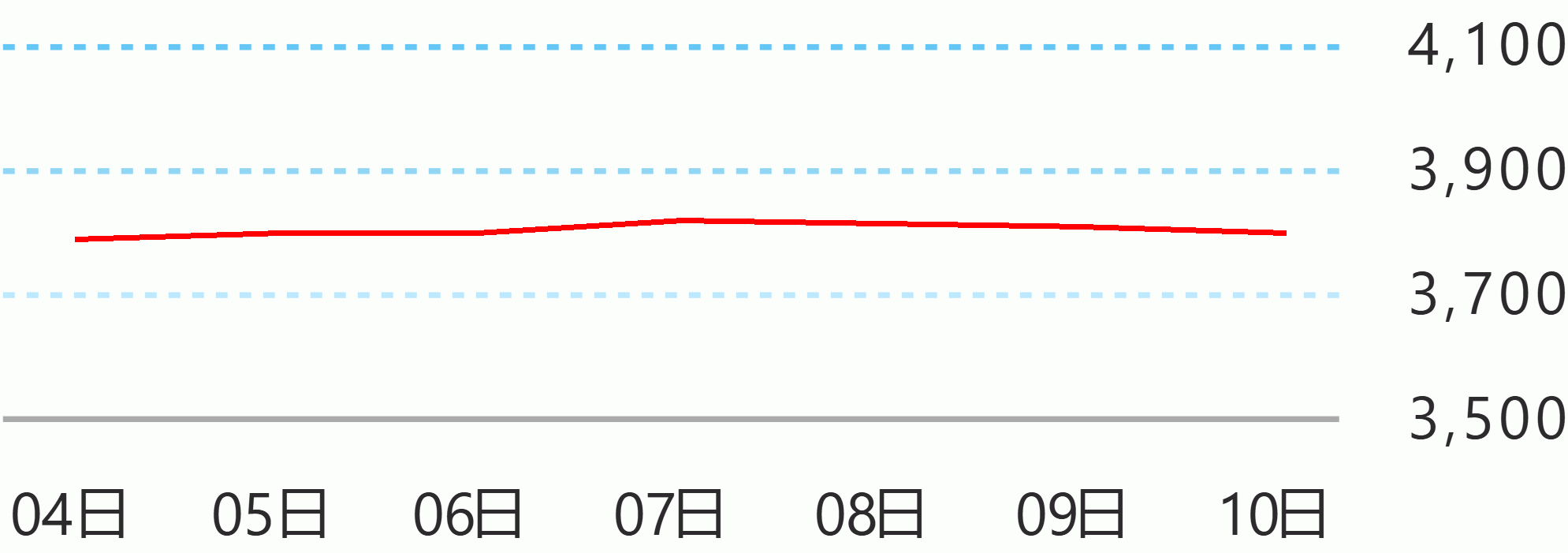The Philippine Atmospheric, Geophysical and Astronomical Services Administration (Pagasa) issued the first El Nino advisory this year, announcing the weather phenomenon is expected to become "full blown" by the end of February or early March.
In a press briefing on Wednesday, Pagasa said El Nino along with reduced rainfall is affecting certain parts of the country. State weather forecasters added they have upgraded the PAGASA El Niño Southern Oscillation (ENSO) Alert System to an El Nino advisory.
“We raised the alert level today because El Niño is present in the tropical Pacific, but it still weak,” Climate Information Monitoring Section chief Analiza Solis said
El Nino is defined as the sea surface temperature that is above-average across Pacific Ocean. It is expected to cause delayed onset of rains and warmer temperatures.
"Climate monitoring and analyses indicate that the unusually warm sea surface which started since November 2018 is expected to become a full-blown El Niño," the weather bureau said in their advisory.
Temperatures in Tuguegarao, Cagayan in summer could reach 40.7 degree Celsius and 38.2 degree Celsius in Metro Manila, according to Solis.
Pagasa predicted around 14 to 18 tropical cyclones this year, less than the usual 20 annually. Cristina Eloisa Baclig/DMS





 English
English









